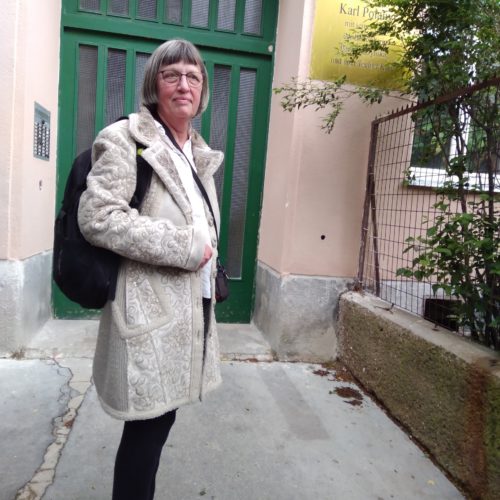Debate on the Crisis in Southern Europe
Italy: Polanyi in the Deep South
25th of June, 2020
Antonino Palumbo
The public debate that followed the 2008 Global Financial Crisis (GFC) developed in two stages. From the collapse of Lehman Brothers to the middle of the following decade, there was a flurry of works predicting the unraveling of the neoliberal consensus politics (NCP). The rest of that decade saw instead an array of scholarly interventions attempting to explain the strange non-death of neoliberalism, and the remarkable ability of capitalism to carry on as ever. With the Covid-19 pandemic, a new debate is starting on that same footing, with legions of academic soothsayers predicting once again the end of neoliberalism, and of capitalism with it. As before, a very simplistic reading of Karl Polanyi’s ‘double movement’ is often employed to show why this is supposed to happen. The austerity policies experienced by the Italians in the last decade are useful to appreciate the shortcomings of this reading, and keep in check the mounting expectations about the sort of post-pandemic world that is supposed to emerge.
The austerity policies imposed in Italy to counter the GFC hit a country which even before it was already experiencing very sluggish economic growth. Since joining the Euro zone in 2000, Italians had witnessed the doubling of prices, the collapse of family savings, and a growing income gap between the prosperous northern regions and the struggling southern ones. A variety of countermovements developed as a result, making the Italian electorate highly fluid, and party government even more chaotic than usual. Politically, the financial crisis precipitated a constitutional coup d’etat engineered by the Italian presidency. In 2011, the then president of the Republic, Giorgio Napolitano, forced the controversial figure of Berlusconi to resign as prime minister, and replaced him with a financial expert, notwithstanding the latter’s lack of personality, electoral legitimacy, or any detectable political skill.
The subsequent austerity measures enforced by Mario Monti’s government magnified the structural weaknesses besetting the country. They even managed to undermine what up to then had been its main socio-economic engine: the system of highly specialised and craft-based medium and small enterprises located in the centre-north. The following two general elections (2013 and 2018) saw the disintegration of the centre-left and centre-right coalitions that had dominated Italian politics since the mid 1990s, and the remarkable electoral success of their nemesis, the 5Stars Movement (5SM), which in less than five years had managed to become the first party in the country. Thanks to the continuing interference of the presidency, this electoral revolution failed to produce any change in policy orientation. After the 2018 general elections, a coalition government between the two main populist forces, the more progressive 5SM and the xenophobic North League, emerged as a result.
The difficult, brief life enjoyed by this political coalition, and its failure to affect a shift away from the NCP tell us several important things we should always keep in mind. First, the NCP is based on relations of power that have successfully managed to shield themselves from the vagaries of electoral politics and are, therefore, able to resist the pressure coming from countermovements. Second, far from being responsive to people’s wishes, liberal democratic principles and institutions have evolved into political traps designed to exhaust the pressure for radical change coming from below. Third, within a liberal democratic setting even what are perceived as progressive welfare policies can be easily hijacked by collusive coalitions of state actors and corporations to foster their own interests. Forth, there is no reason to expect that traumatic events like the current pandemic will change extant relations of power by increasing our consciousness of human frailty, for those relations are not the result of psychological factors.
The idea that attempts to engender a market economy lead to multiple crises able to generate a social counter-reaction prompting a great transformation is both historically false and inconsistent with Polanyi’s text. What we get in his account is a much complex and sophisticated interpretation of social and economic change, where pro-market movements and protective counter-movements develop cyclically, producing a vortex-like pattern. Any attempt to shield society from the destructive effects of markets could end up generating negative side-effects that undermine the countermovements supporting them, and set the ground for the restart of the market experiment on an even larger scale. In order to properly employ Polanyi’s notion of ‘double movement’ to current affairs we need, therefore, to discard the simplistic reading of this Polanyian category proposed to date, and appreciate the more radical implications that the task of transcending the market economy entails.
Antonino Palumbo
Associate Professor
Department of Political Sciences and International Relations
Palermo University
Italy
Read the other essays on the Crisis in Southern Europe here:









